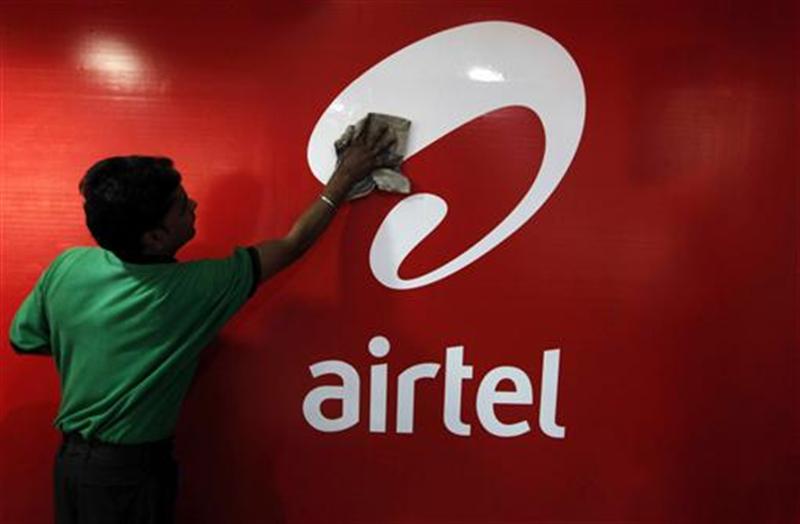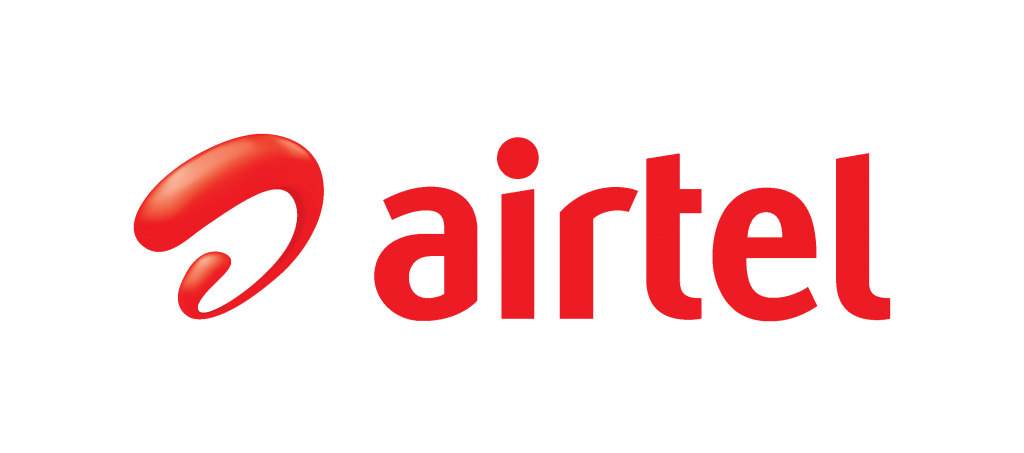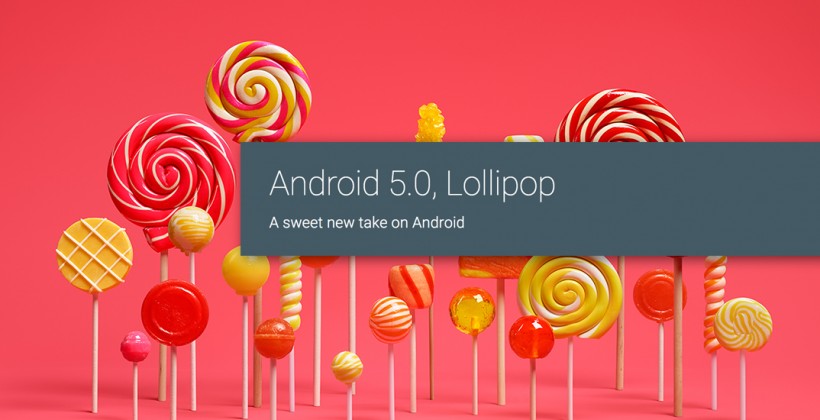Immediately after winning the legal battle against Telecom Regulatory Authority of India regarding the call drop compensation case, Bharti Airtel India’s largest telecom operator is all set to smarten up its service quality. The telecom service provider based in Gurgaon, claimed that it had imposed on itself 25% more stringent call drop benchmark of 1.5% than telecom regulator’s prescribed 2%. To ensure transparency, Airtel made an announcement that it will make a report of its quality of service data on a quarterly and annual basis. They called this act of theirs as self regulatory. They also said that if they were to slip on its self-imposed benchmark then they would contribute a sum which will be calculated on basis of Rs 1 lakh for every 0.01% increase in call drop rate for the education of under privileged children.

The managing director and CEO of Bharti Airtel, Gopal Vittal said that the company intended improving their QoS and therefore had made the self-regulatory act. In a statement issued by the telco he said that this self-regulation on quality of service further underlines our commitment to our customers despite the challenges of limited spectrum availability and acquisition of sites in urban areas.

After a huge debate over the rising call drop menace and its resolution, the telecom service provider’s move came into existence. This provided a limit of three call drops per day and imposed a penalty of telcos in the form of compensation of Rs 1 for every call drop, beginning from First January. This was fiercely opposed by Telecom players and they approached the Delhi High Court, who delivered a verdict against it. This issue was again raised in the Supreme court, who gave the verdict in its favour and struck down Trai’s compensation for call drops, calling it as arbitrary and unreasonable.



Airtel doesn’t give a shit about call drops or signal strength in the heart of Bangalore. Filed a complaint with their call centre about no signal near Hebbal, they get back with “cannot add a tower or booster due to government regulation” – politically correct answer meaning “we don’t care”.